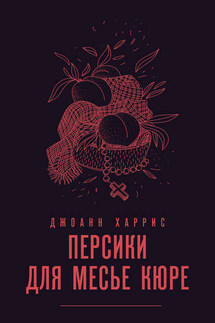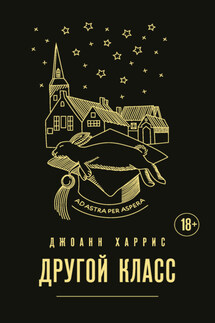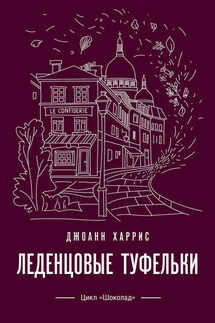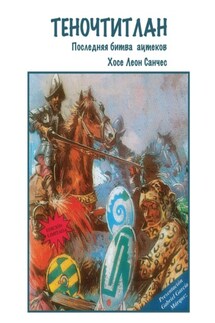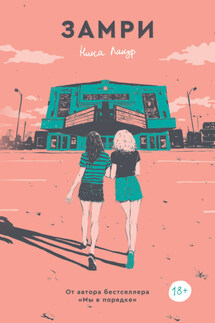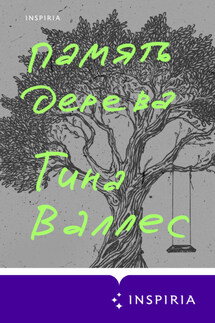Five Quarters of the Orange / Пять четвертинок апельсина - страница 60
“Money,” said Pistache contemptuously. “Is that all people care about?”
She went to bed soon after, and nothing was right again between us that summer. Near the end of the holidays she left a little earlier than usual, pleading fatigue and the approach of the school term, but I could see something was wrong. I tried to talk about it to her once or twice, but it was no good. She remained distant, her eyes wary. I noticed she was receiving a lot of mail, but I thought nothing of it until much later. My mind was on other things.
2
A few days after the business with Yannick and Laure, the Snack-Wagon arrived. A large trailer-van brought it and parked its load on the grass verge just opposite Crêpe Framboise. A young man in a red-and-yellow paper hat got out. I was busy with customers at the time and paid little attention, so that when I looked out again later that afternoon I was surprised to see that the van had gone, leaving on the verge a small trailer upon which the words Super-Snaсk were painted in bright red capitals. I came out of the shop to take a closer look. The trailer seemed abandoned, though the shutters that secured it were heavily chained and padlocked. I knocked on the door. There was no answer.
The next day the Snack-Wagon opened. I noticed it at about eleven thirty, when my first customers usually begin to arrive. The shutters opened to reveal a counter above which a red-and-yellow awning gaped. Then a string of bunting, each colored flag bearing the name of a dish and a price – steak-frites, 17F; saucisse-frites, 14F – and finally a number of brightly colored posters advertising Super-Snaсks or Big Value Burgers and a variety of soft drinks.
“Looks like you’ve got competition,” said Paul Hourias, exactly on time at twelve fifteen.
I didn’t ask him what he wanted to order – he always orders the special and a demi – you could set your watch by him. He never says much, just sits in his usual place by the window and eats and watches the road. I decided he was making one of his rare jokes.
“Competition!” I repeated derisively. “Monsieur Hourias, the day Crêpe Framboise has to compete with a grease merchant in a trailer is the day I pack up my pots and pans for good.”
Paul chuckled. The day’s special was grilled sardines, one of his favorites, with a basket of my walnut bread, and he ate reflectively, watching the road, as usual, as he did. The presence of the Snack-Wagon did not seem to affect the number of clients in the crêperie, and for the next two hours I was busy overseeing the kitchen while my waitress, Lise, took the orders. When I looked out again there were a couple of people at the Snack-Wagon, but they were youngsters, not regulars of mine, a girl and a boy, with cones of chips in their hands. I shrugged. I could live with that.
The next day there were a dozen of them, all youngsters, and a radio playing raucous music at maximum volume. In spite of the day’s heat I closed the crêperie door, but even so the tinny ghosts of guitars and drums marched through the glass, and Marie Fenouil and Charlotte Dupré, both regulars, complained about the heat and the noise.
The day after that the crowd was larger, the music louder, and I complained. Marching up to the Snack-Wagon at eleven forty, I was immediately enswarmed in adolescents, some of whom I recognized, but many out-of-towners too, girls in halter tops and summer skirts or jeans, young men with turned-up collars and motorcycle boots with jingling buckles. I could see several motorbikes already propped up against the sides of the Snack-Wagon, and there was a smell of gas mingled in among those of frying and beer. A young girl with cropped hair and a pierced nose looked at me insolently as I marched up to the counter, then thrust her elbow in front of me, just missing my face.
